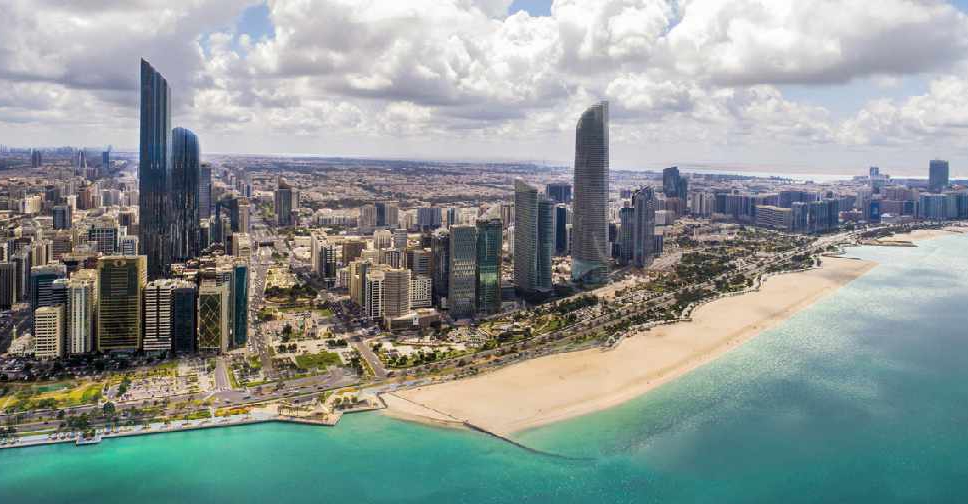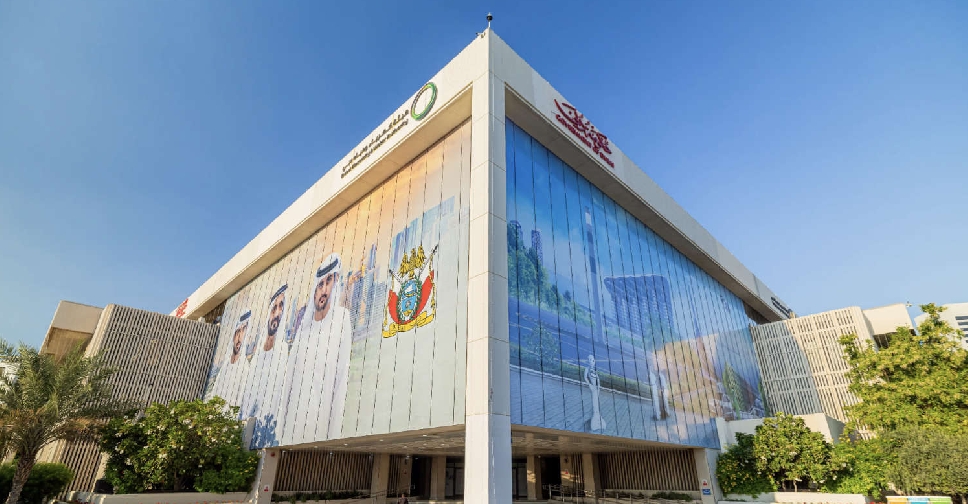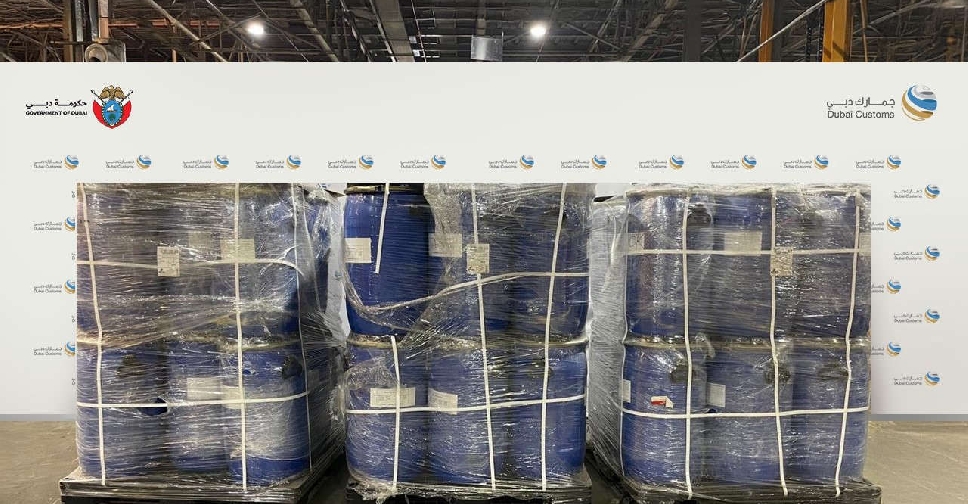
The potential economic impact of artificial intelligence (AI) on the region’s economic growth is significant, with the MENA region estimated to accrue $320bn by 2030 from it, according to a new report by Economist Impact.
"The Future of AI in the MENA Region", provides a high-level outlook for AI developments over the next decade, with a specific focus on the United Arab Emirates, Saudi Arabia, Qatar, Egypt and Kuwait.
It explores AI investments, industry trends in tourism, transport, finance, retail, energy, and government services. The report also highlights key policy takeaways that governments should consider when strengthening their AI ecosystems and capabilities.
According to the report, the region has taken an initiative in developing national AI strategies that can create a friendly business environment, however, they remain lacking in suitable digital policies such as in the field of data governance as well as trust and safety.
Martin Roeske, Head of Government Affairs and Public Policy in the Middle East & North Africa, commented, "The report shows that the responsible development of AI creates massive opportunities to improve the lives of people in the MENA region and to turbo-charge key sectors of the economy. To ensure we reap the benefits of this wave of technological transformation requires a joint effort between the private sector, governments and civil society, including investments in infrastructure, people, technology and policy development."
Saqr bin Ghalib, Executive Director of the Artificial Intelligence Office of the UAE Government, stressed that setting key policies is essential to enhance artificial intelligence systems in the government and private sectors.
He pointed out that the first-of-a-kind National Strategy of Artificial Intelligence in the world comes in line with the world approach to increase the usage of AI technology in the future fields.
"That helps achieve the strategy's goals and accelerate the implementation of programs and projects depending on AI."
"Behind recent success stories is the role that governments have played, stimulating private sector investments and launching comprehensive AI strategies. As the region is looking to write its next chapter, our report highlights the MENA’s development trajectory, learning experiences and proposes pathways for cultivating a safe and prosperous AI ecosystem," said Walter Pasquarelli, Manager, Tech & Society, Economist Impact.
AI could unlock significant economic impact in MENA region, a new study by #Economist Impact finds.#WamNews https://t.co/LCmHNiQ8gZ pic.twitter.com/FfaHED0zYL
— WAM English (@WAMNEWS_ENG) June 20, 2022

 Aviation sector contributes $4.1 trillion to global economy
Aviation sector contributes $4.1 trillion to global economy
 Paris AI summit draws world leaders
Paris AI summit draws world leaders
 16% growth in new economic licences in Abu Dhabi during 2024
16% growth in new economic licences in Abu Dhabi during 2024
 DEWA updates billing on water consumption
DEWA updates billing on water consumption
 UAE, Japan to complete CEPA by end of year
UAE, Japan to complete CEPA by end of year




